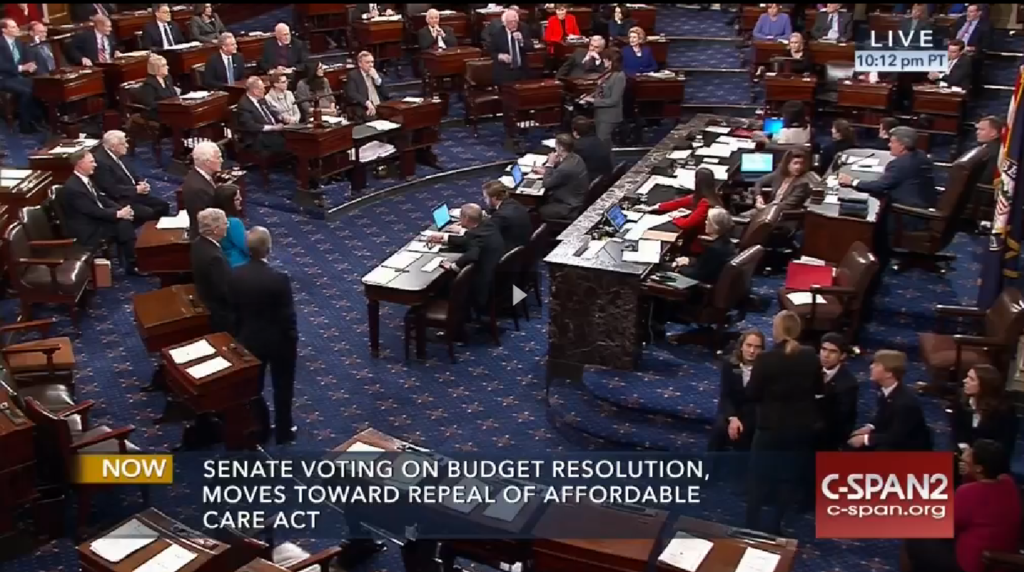Texas Injunction on Health Care Rule is a Demand for the Right to Discriminate

 When Texas goes wrong, it goes wrong big. On the last day of 2016, a federal judge in Texas rolled back antidiscrimination protections not just for Texas residents but for the entire United States by taking the rare and extreme step of issuing a nationwide injunction to halt enforcement of a rule that prohibits federally funded health programs from discriminating against people because of their gender identity or their decision to seek an abortion.
When Texas goes wrong, it goes wrong big. On the last day of 2016, a federal judge in Texas rolled back antidiscrimination protections not just for Texas residents but for the entire United States by taking the rare and extreme step of issuing a nationwide injunction to halt enforcement of a rule that prohibits federally funded health programs from discriminating against people because of their gender identity or their decision to seek an abortion.
These provisions are part of broader regulations implementing Section 1557 of the Affordable Care Act, which prohibits discrimination on the basis of race, color, national origin, sex, age, and disability in health programs or activities that receive federal funding. Section 1557 marked the first time that federal law has broadly prohibited sex discrimination in health programs. In May 2016, the Department of Health and Human Services (HHS) issued regulations implementing Section 1557, which made clear that discrimination because of gender identity or “termination of pregnancy” is prohibited.
However, in August 2016, five states (Texas, Wisconsin, Nebraska, Kentucky, and Kansas) and a group of health care providers (the Christian Medical & Dental Associations, the Franciscan Alliance, and Specialty Physicians of Illinois) challenged these regulations before a Texas judge known for taking extreme action to block antidiscrimination laws, especially transgender protection laws. The plaintiffs made a number of outrageous and legally erroneous arguments which ultimately constitute a demand for permission to discriminate because someone is transgender or has had an abortion. (Indeed, this lawsuit is clearly part of an extreme ideological agenda to assert the right to discriminate in courts and legislatures.)
Such discrimination could include:
- Denying a woman treatment simply because she previously had an abortion.
- Refusing urgent care to a trans person because they are trans.
- Turning a man away from a health care clinic simply for acting in a way that the clinic staff believes is “effeminate” – for example, based on stereotypes about the way he talks or dresses.
As HHS spokesperson Marjorie Connolly reaffirmed in response to the Texas court’s injunction, “Section 1557 of the Affordable Care Act is critical to ensuring that individuals, including some of our most vulnerable populations, do not suffer discrimination in the health care and health coverage they receive.” We must preserve protections in the face of efforts to discriminate.
To be clear, the injunction only blocks two pieces of the 1557 rule: the pieces that protect against discrimination based on pregnancy termination and gender identity. HHS has stated that they will continue to enforce the rest of the antidiscrimination law, “including its important protections against discrimination on the basis of race, color, national origin, age, or disability and its provisions aimed at enhancing language assistance for people with limited English proficiency, as well as other sex discrimination provisions — to the full extent consistent with the court’s order.” Furthermore, the sex discrimination portions of the underlying 1557 statute are still in place and enforceable by a court.
If you believe you have experienced discrimination in health care on the basis of your sex or gender identity, you can get in touch with NWLC to tell us your story.




